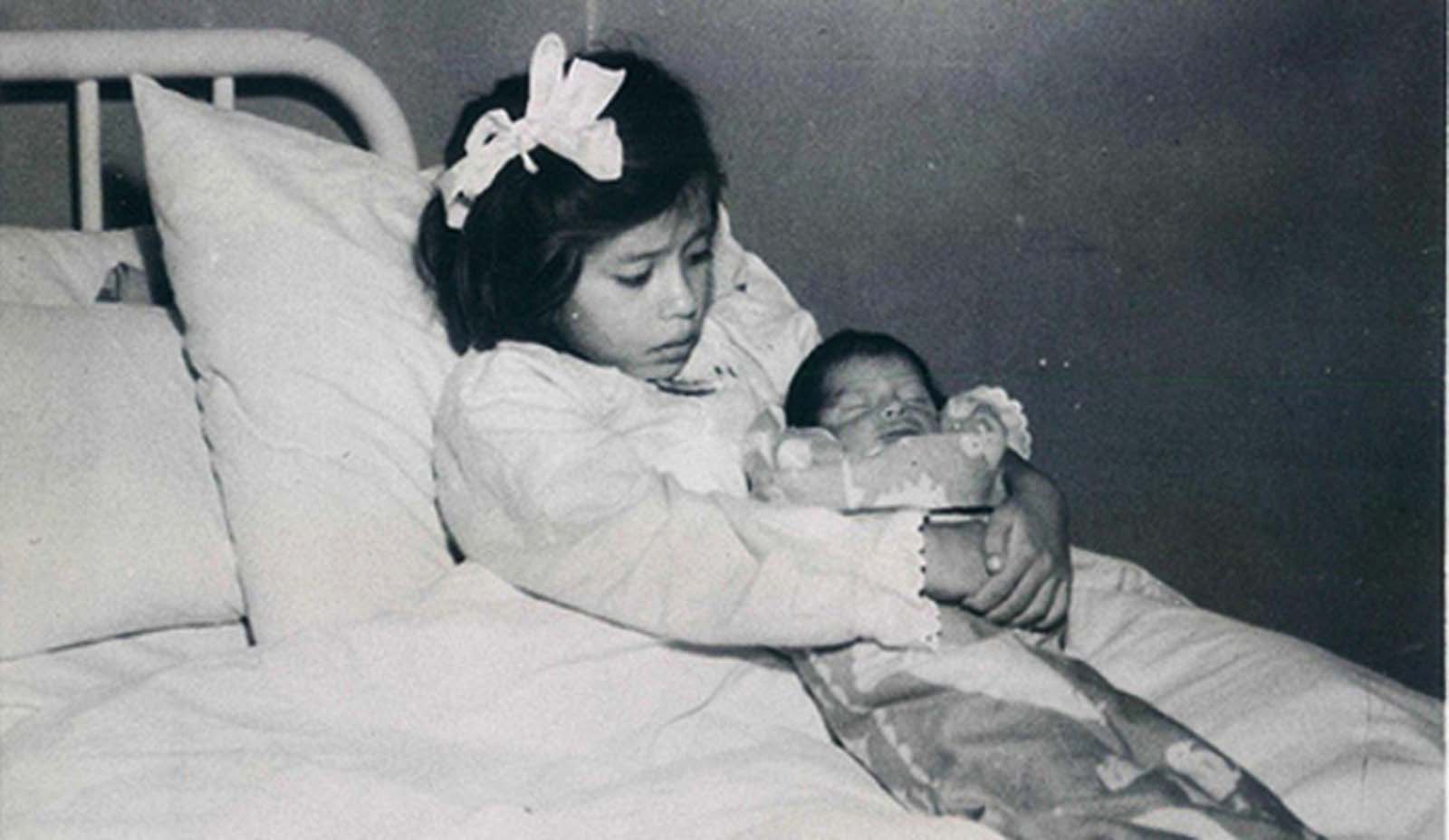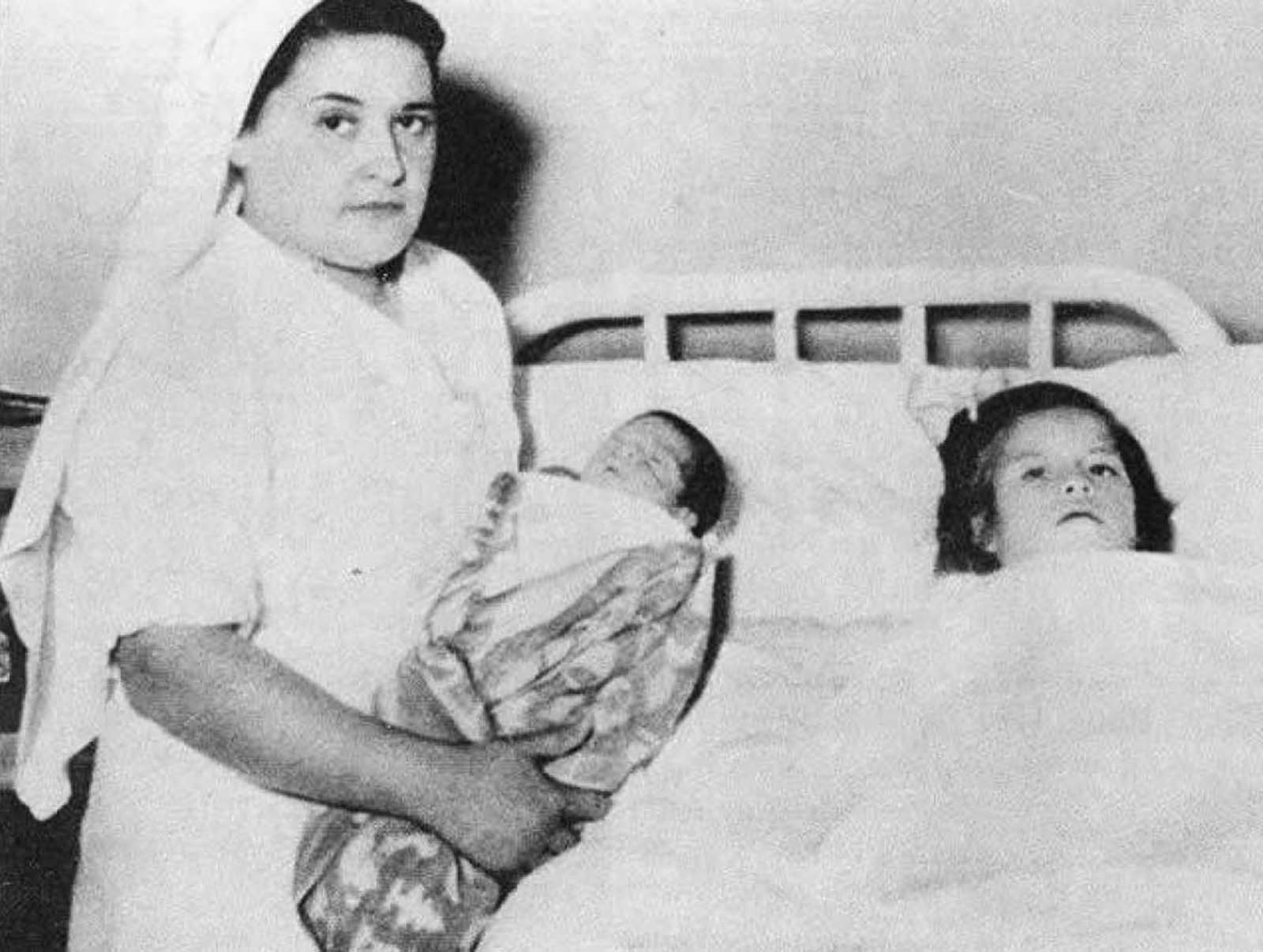Lina Marcela Medina: The Youngest Mother In Medical History
Introduction
In the annals of medical history, certain cases stand out not only for their rarity but for their profound impact on our understanding of human biology and societal norms. Among these, the story of Lina Marcela Medina de Jurado is arguably one of the most astonishing and widely discussed. Her case, which unfolded in Peru in the late 1930s, challenged established medical knowledge and sparked a global conversation about precocious puberty, childhood, and motherhood. It remains a subject of intense fascination, not just for medical professionals but for anyone interested in the extraordinary limits of human development.
This article delves into the remarkable life of Lina Marcela Medina, exploring the facts surrounding her unprecedented experience, the medical implications, and the enduring legacy of her story. We will examine the context of her birth and the circumstances that led to her becoming the youngest mother ever recorded, while also distinguishing her unique narrative from other individuals who share the common name "Lina." Our aim is to provide a comprehensive, factual, and sensitive account of a case that continues to baffle and intrigue. This exploration will adhere to principles of expertise and trustworthiness, providing a reliable source of information on this significant medical phenomenon, crucial for understanding its YMYL (Your Money or Your Life) implications on medical knowledge.
The Name Lina: A Brief Exploration
Before delving into the specific and extraordinary story of Lina Marcela Medina, it's worth taking a moment to appreciate the broader context of the name "Lina" itself. The name "Lina" is a female given name with a rich history and diverse cultural influences, possessing numerous possible meanings and origins across different languages and traditions. This multifaceted nature often leads to confusion when discussing individuals named Lina, as the name is quite common globally, yet each "Lina" has a unique story.
For instance, in Lithuanian descent, "Lina" is the female form of "Linas," a common given name. It can also be construed as a rare feminine form of "Linus." In Persian, the name "Lina" means "light" or "a ray of sunlight," evoking images of warmth and clarity. In Arabic, this name means "young palm tree," as well as "tender" and "delicate," qualities that can match a baby's gentle nature. The name "Lina" is taken directly from the Arabic word ‘lina,’ which signifies ‘tender’ or ‘tenderness.’ Its origins are often cited as being of both Arabic and Latin roots, with the Latin meaning often associated with "palm tree" as well. This versatility in meaning and origin highlights the global appeal and widespread use of the name.
It's important to note that while "Lina" can be a standalone name, it is also frequently used as a nickname for longer names like Paulina and Angelina. This adds another layer of complexity to its usage. Furthermore, there are other notable figures named Lina who have made their mark in various fields. For example, Lina Khan, born March 3, 1989, is an American legal scholar who served as the chair of the Federal Trade Commission (FTC) from 2021 to 2025. She is also an associate professor, recognized for her work on antitrust law and consumer protection, a field deeply rooted in YMYL principles. Another prominent figure is Shelina Wade, commonly known as Lina, an American R&B and soul singer and songwriter born in Denver, Colorado, and raised in Texas. These examples underscore the fact that while the name "Lina" is shared, the individuals behind the name lead vastly different lives. Our focus, however, remains squarely on Lina Marcela Medina, whose story is singular in its medical significance and historical impact.

The Astonishing Story Of Lina Medina From Medical Marvel To Motherhood

Lina Marcela Medina de Jurado is a Peruvian woman who became the

Lina Medina: The Youngest Mother In History